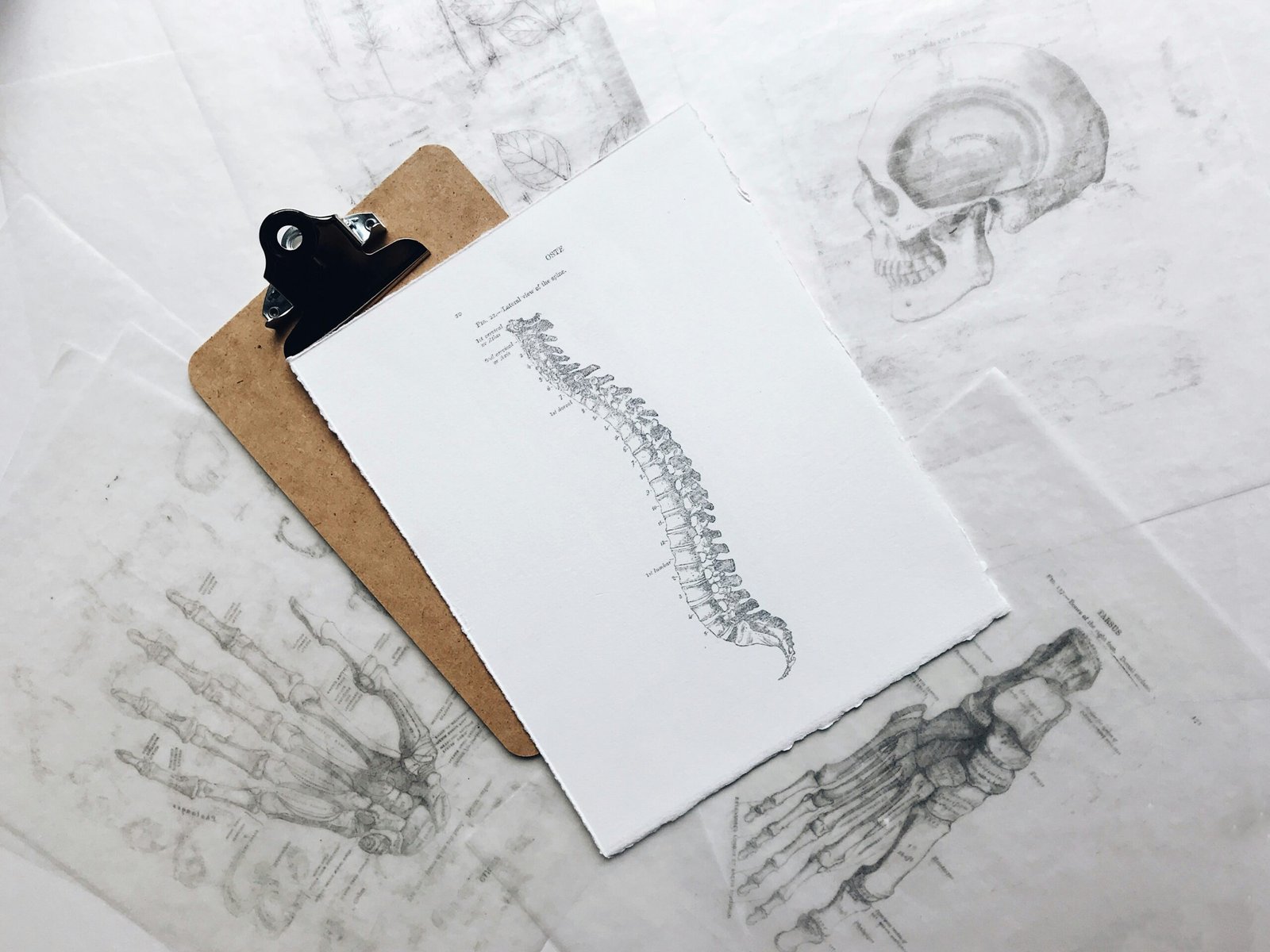Ways to Maintain Physical and Mental Health as You Age
As we age, it becomes increasingly important to prioritize our physical and mental well-being. While aging is a natural process, there are various ways to maintain and even improve our overall health. In this article, we will explore the key strategies for promoting physical and mental wellness as we grow older, including exercise, nutrition, social engagement, and cognitive activities.
Exercise for Physical and Mental Well-being
Regular physical activity is essential for maintaining good health as we age. Engaging in exercise offers a multitude of benefits, including improved cardiovascular health, increased muscle strength, enhanced flexibility, and better balance. Additionally, exercise has been shown to have a positive impact on mental well-being, reducing the risk of depression and anxiety while promoting overall cognitive function.
For older adults, it’s important to focus on exercises that encompass cardiovascular, strength, flexibility, and balance training. This can include activities such as walking, swimming, yoga, and tai chi. It’s crucial to consult with a healthcare professional before starting any new exercise regimen, especially for individuals with pre-existing health conditions.
Nutrition for Healthy Aging
A well-balanced diet plays a crucial role in maintaining good health as we age. Proper nutrition supports overall physical health, including bone strength, immune function, and disease prevention. Additionally, a healthy diet can positively impact mental well-being, providing essential nutrients that support brain health and cognitive function.
As we age, it’s important to focus on consuming a variety of nutrient-dense foods, including fruits, vegetables, whole grains, lean proteins, and healthy fats. Adequate hydration is also vital for overall health. Older adults should be mindful of their calorie intake, aiming to maintain a healthy weight and avoid excessive consumption of processed foods, sugar, and unhealthy fats.
Social Engagement and Its Impact on Health
Maintaining social connections and engaging in meaningful relationships is paramount for overall well-being, particularly as we age. Social isolation and loneliness can have detrimental effects on both physical and mental health, increasing the risk of conditions such as depression, anxiety, and cognitive decline.
Participating in social activities, joining clubs or groups, volunteering, and staying connected with friends and family can provide a sense of purpose and belonging. These interactions offer emotional support, reduce stress, and contribute to a positive outlook on life. Additionally, social engagement can lead to an active lifestyle, as it often involves physical activities and outings.
Cognitive Activities for Brain Health
Engaging in cognitive activities is essential for maintaining mental acuity and promoting brain health as we age. Mental stimulation can help preserve memory, enhance problem-solving skills, and reduce the risk of cognitive decline and dementia.
Activities such as reading, puzzles, learning new skills or languages, playing musical instruments, and engaging in strategic games like chess or bridge are beneficial for cognitive function. Additionally, staying curious, being open to new experiences, and continuing to learn throughout life can contribute to overall mental well-being.
By prioritizing regular exercise, a balanced diet, social engagement, and cognitive activities, individuals can proactively maintain their physical and mental health as they age. It’s important to approach aging with a holistic perspective, recognizing the interconnectedness of physical and mental well-being. Embracing these strategies can lead to a fulfilling and healthy lifestyle in the later years.







